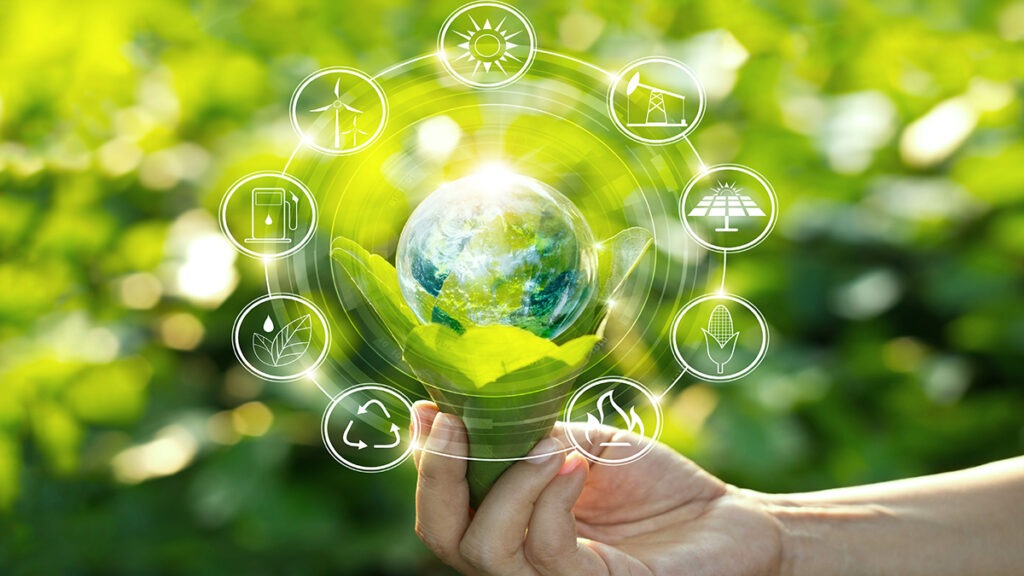Digital technologies hold the potential to deliver green solutions across various sectors of the economy. Equally critical, however, is the transformation of the digital sector itself into a more sustainable and eco-friendly domain.
Sustainable tech
Currently, digital technologies are estimated to account for 5% to 9% of global electricity consumption. With the rise of artificial intelligence, the Internet of Things, and blockchain, this figure is likely to increase without decisive action. If left unchecked, this surge could lead to a significant and unsustainable growth in greenhouse gas emissions.
To address these challenges, the European Commission has launched initiatives focusing on energy-efficient cloud computing technologies and policies as part of its Green Cloud Market study. This effort aims to tackle the growing energy demands driven by the proliferation of cloud services across Europe. Achieving carbon neutrality in data centers by 2030 has become a key priority for the EU. This involves improving energy efficiency, repurposing waste energy such as heat, and increasing reliance on renewable energy sources.
To meet these goals, the Commission plans to leverage a mix of existing tools, legislative reviews, and new initiatives. Additionally, it links policy and funding to support energy-efficient data centers. For the Sustainable tech key measures include:
Proposals under the Energy Efficiency Directive to enhance the monitoring of energy efficiency and sustainability in data centers.
The inclusion of data center sustainability in the Taxonomy Regulation and Delegated Act, adopted in July 2021, which defines sustainable investment frameworks.
Funding programs such as Horizon Europe, Digital Europe, InvestEU, and the Recovery and Resilience Facility to promote innovative, green, and secure cloud deployments.
The Commission is also addressing gaps in standardized definitions and methods for evaluating the energy efficiency. Its ongoing study, “Greening Cloud Computing and Electronic Communication Services Toward Climate Neutrality by 2050,” aims to establish a roadmap for achieving these sustainability goals.
This transformative agenda underscores the urgency of aligning technological progress with environmental stewardship.













